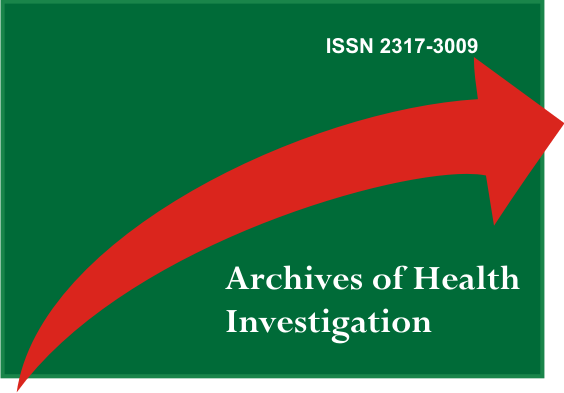Z-oo2 Comparison of tyrosol's effect on Candida albicans and Candida glabrata in different stages of biofilm development
Resumen
Objectives: The aim of this study was to compare the effect of tyrosol on Candida albicans and Candida glabrata in different stages of biofilm development (2, 48 and 96 h). Methods: Tyrosol was diluted in yeast inocula (107 cells/mL in artificial saliva) at 25, 50, 100 and 200 mM, and added to wells of 24-well plates containing the acrylic specimens. Then, the plates were incubated at 37 °C for 2 and 48 h. Moreover, tyrosol was applied to pre-formed biofilms (24-h old) twice a day for 1 min, during 3 days (totaling 96 h-old biofilms). Tyrosol efficacy was assessed by quantification of total biomass (TB), metabolic activity (MA) and colony forming units (CFUs). Data were analyzed by ANOVA and Holm-Sidak test (α = 0.05). Results: For adhesion assays (2 h), tyrosol promoted significant reductions in the TB, MA and CFUs of C. albicans, while for C. glabratathese reductions occurred only for CFUs in the group 200 mM tyrosol (p<0.001). Further, for 48 h-old biofilms grown in the presence of tyrosol, it was possible to note dose-dependents inhibitory effects for both Candida species. Regarding 96 h-old biofilms, tyrosol was more effective in reducing TB and MA on C. glabrata biofilms than on C. albicans. There were no reductions in CFUs at this stage. Conclusions: In summary, tyrosol showed better results on the less advanced stages of biofilm development. Thus, this compound has potential to contribute at preventing oral infections caused by Candida species.Acknowledgment: FAPESP (#2013/17767-2, 2013/10285-2 and 2013/03273-8)
Descargas
Descargas
Publicado
2015-12-23
Cómo citar
Arias, L., Delbem, A., Fernandes, R., Feresin, L., Barbosa, D., & Monteiro, D. (2015). Z-oo2 Comparison of tyrosol’s effect on Candida albicans and Candida glabrata in different stages of biofilm development. ARCHIVES OF HEALTH INVESTIGATION, 4(1). Recuperado a partir de https://archhealthinvestigation.emnuvens.com.br/ArcHI/article/view/927
Número
Sección
Patologia e Propedêutica Clínica


